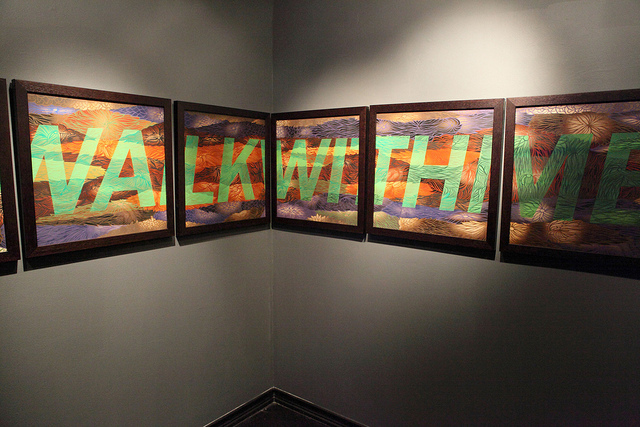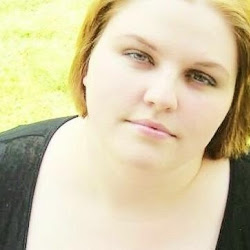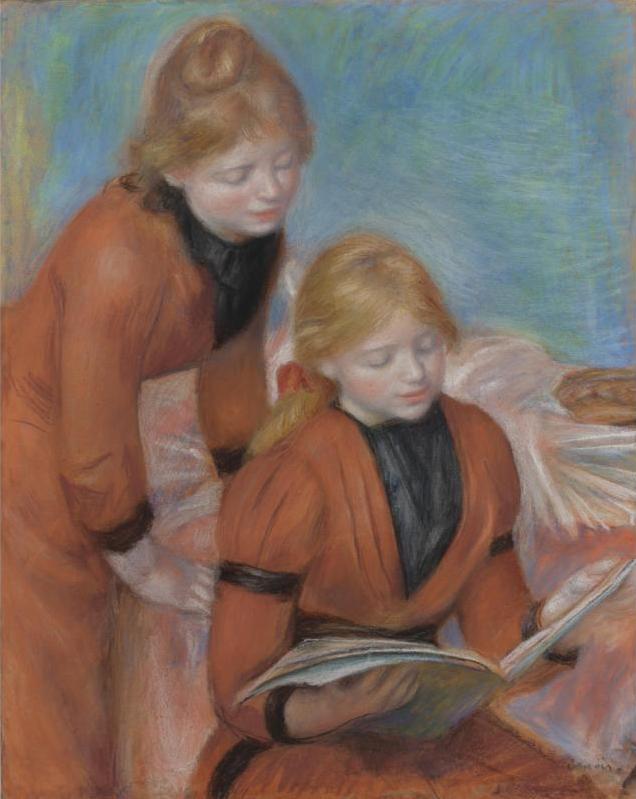Tag: The Wild Hunt
-

Top of the Week at BITG
Top of the week to you! This week is starting off with a whole bunch of Internet happenings. First, it seems that my RSS Email subscribers haven’t been receiving my blog posts since mid-December. Sorry everyone. Here’s what you missed: I wrote a post on Yule at HuffPost, and we talked about decentralization. After pulling […]
-

Looking a little closer at Pagan Leaders, Clergy, and Teachers
An online academic journal called Hybrid Pedagogy posted a piece that I wrote about a student’s perspective on pedagogy, which for those (like me) who aren’t teachers by trade, is the method and practice of teaching. There is a discussion happening in academic circles about the changing roles of teacher and student. The “brick and […]


